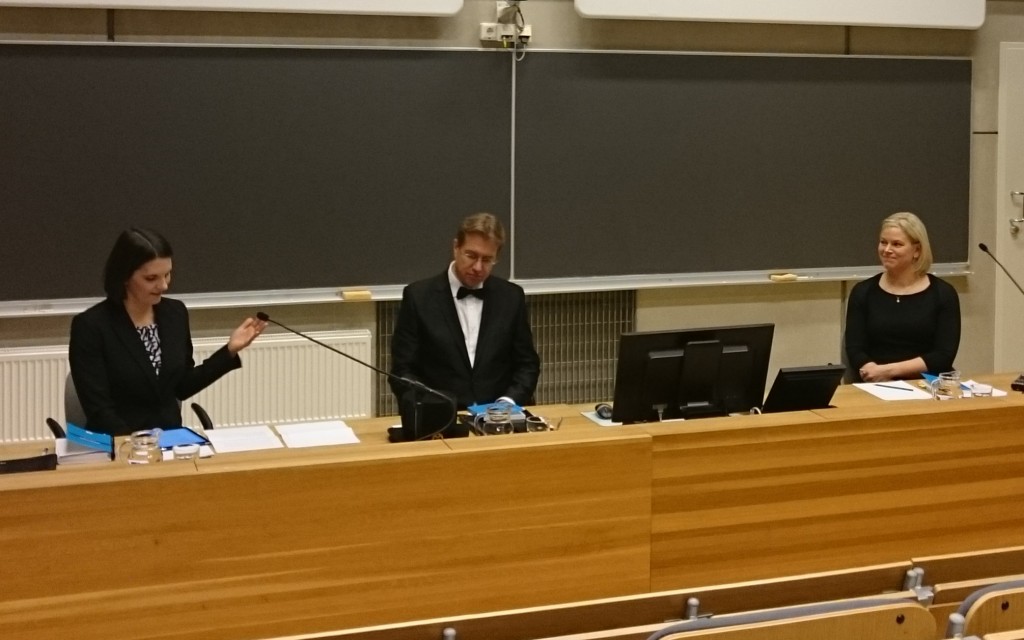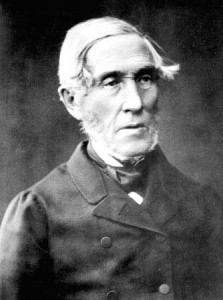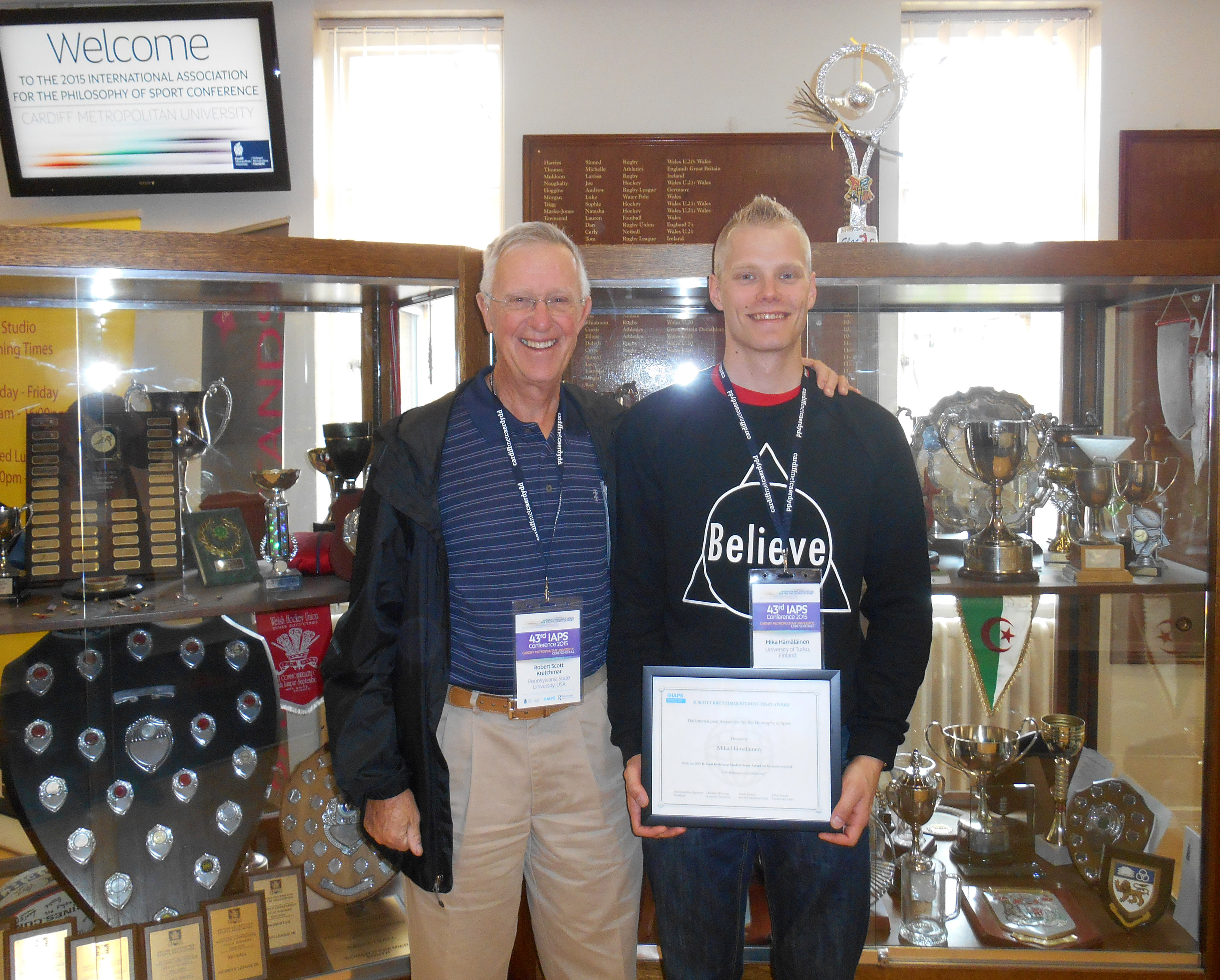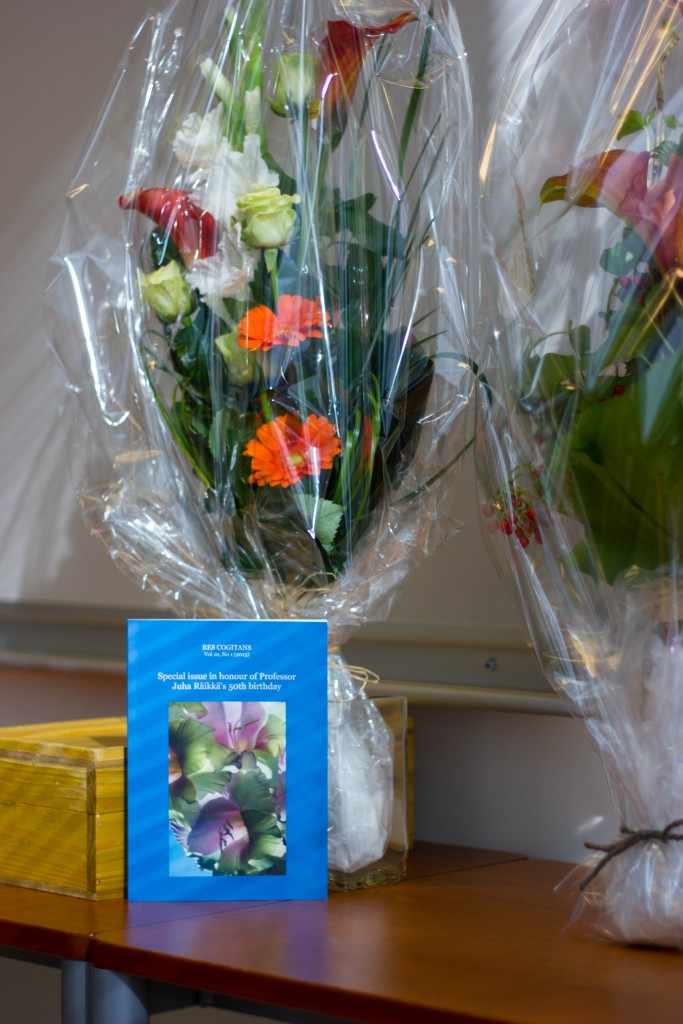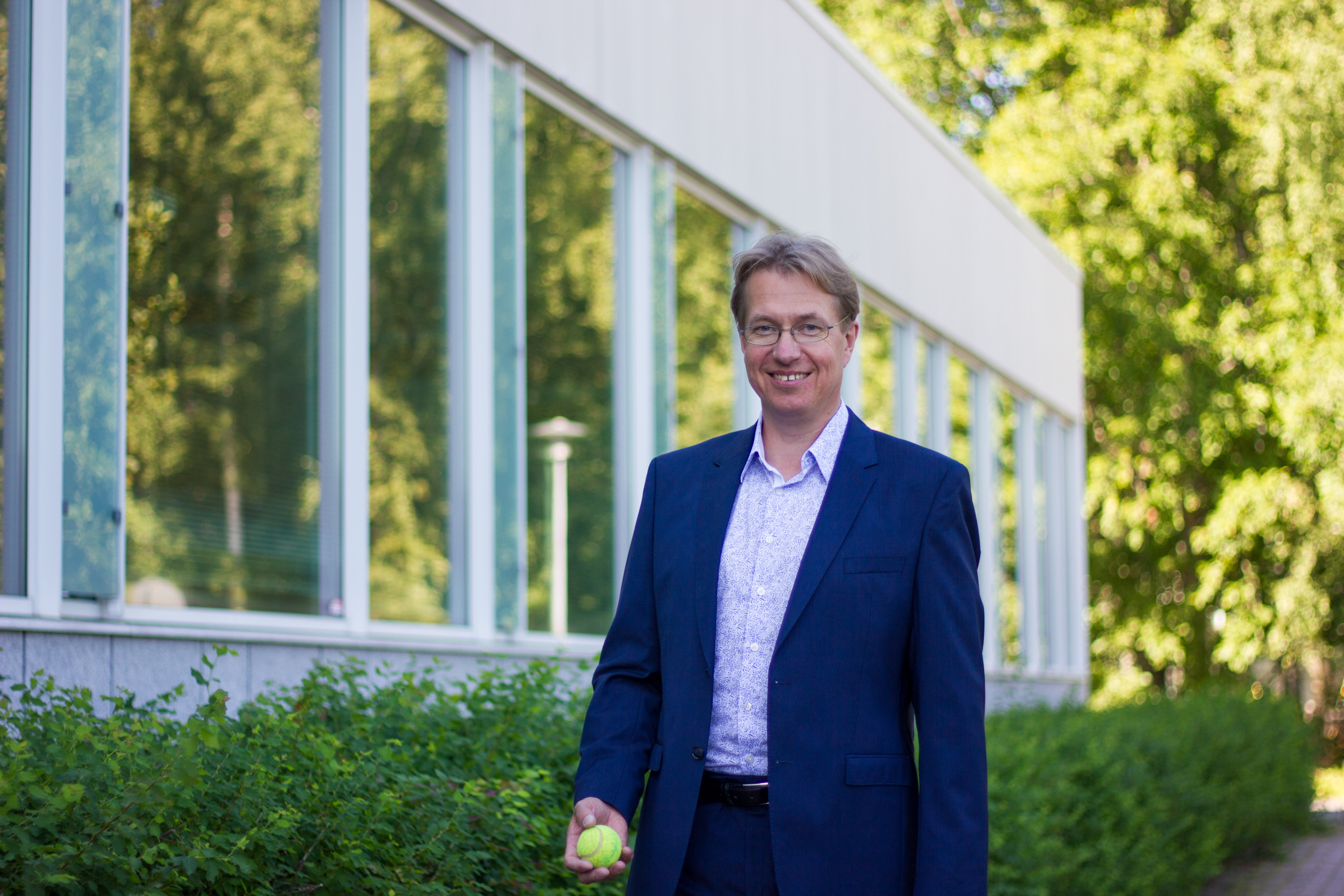Course: Topics in Early Modern Philosophy
Teachers: Joseph Almog & Jani Sinokki
On Thursdays 12–14 (Begins 4.2.) in In Seminar room Sh150 (Philosophy Corridor)
Substitution for courses: A1, T1, K1 (3 credits)
Description:
The course focuses on some of the most fundamental metaphysical questions – the nature of reality, existence, and causality – and addresses them through Descartes’ unique views on them. The course addresses these fundamental issues through three big “dualisms” that can be found in Descartes’ Meditations on First Philosophy: Thinker vs. World; Mind vs. Body; Cause vs. Effect.
We begin by discussing the Third Meditation, in which Descartes makes the following claim about causality:
There must be at least as much <reality> in the efficient and total cause as in the effect of that cause. For where, I ask, could the effect get its reality from, if not from the cause? And how could the cause give it to the effect unless it possessed it? It follows from this both that something cannot arise from nothing, and also that what is more perfect — that is, contains in itself more reality — cannot arise from what is less perfect. (CSM2: 28; AT7: 40–41).
From this emerges a seldom examined picture of causality. For Descartes, causality is not merely a relation between cause and effect, but the two are only two parts of one single process which is to be understood as a kind of reality transmission or conservation.
Reality, in this singular sense, for Descartes, is tied to the existence of a thing, be that thing an object or a property of an object. Consequently, the process of transmission is not tied to any particular type of things or properties (physical or mental, concrete or abstract). As everything that exists operates in accordance to this principle, this view essentially claims that the World – everything that exists – is a one single interdependent system of reality transmissions. When we understand this highly general account of causality properly, we can proceed to examine the other “dualisms” with the help of it.
In case of mind vs. body, we can see that the so-called real distinction Descartes draws between them is in fact subordinate to the account of causality. This means that both mind and body operate under the same causal laws, and for this, we need to reconsider the traditional mind-body problematic attributed to Descartes.
Thinker vs. world dualism is a widespread view in modern philosophy. It is the implicit assumption that thinking beings are somehow distinct from the rest of the reality; that thinking – as cases of dreams, illusions, and hallucinations are supposed to witness – floats freely and independently of all the rest there is. In light of the Meditations read through the Third Meditation causal principle, the case is according to Descartes just the opposite. Thinking is part of the one and single causal network, the World, and seeing that even the problematic cases like dreams or cunning demons have to operate in accordance to the causal principle, we can see that the skeptical challenges “should be dismissed as laughable” (CSM2: 61; AT7: 89)
Finally, we can ask a question about the nature of infinite God. In light of the principle, God is the ultimate source and transmitter of reality to the World. Is this picture postulating a source of World’s existence really as outmoded as some have suggested, or should we reconsider our attitude towards it in accordance to Descartes’ causal principle?

